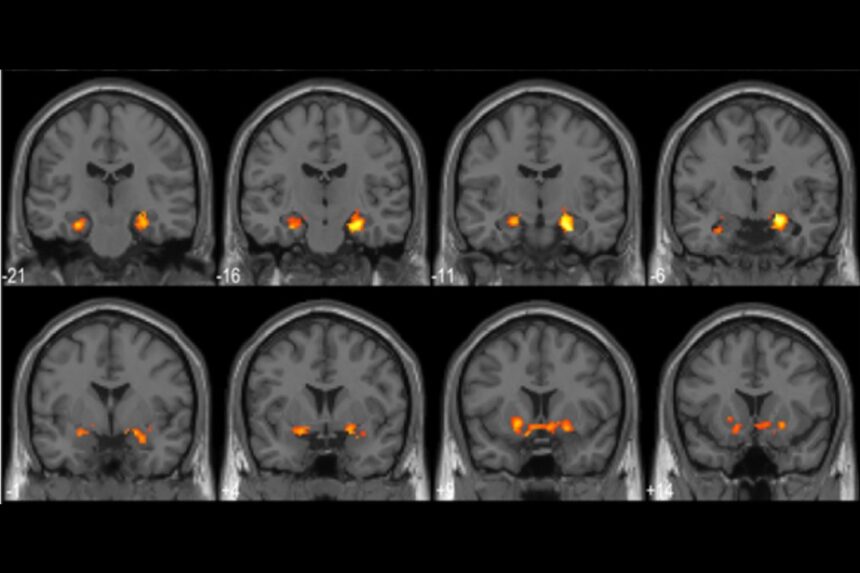We’ve all had the aha moment, when the solution to a problem is suddenly obvious. In cartoons, that eureka feeling is usually depicted as a lightbulb floating above a character’s head—which is not that far off from what actually takes place in the brain during these moments.
Researchers have revealed that epiphanies physically reshape brain activity. What’s more, they discovered that people remember epiphanies better than solutions reached through a more methodical approach. These results could have important implications for how instructors approach teaching in classrooms.
“If you have an ‘aha! moment’ while learning something, it almost doubles your memory,” Roberto Cabeza, a professor of psychology and neuroscience at Duke, said in a university statement. “There are few memory effects that are as powerful as this.”
Cabeza is senior author of a study published earlier this month in the journal Nature Communications. As study participants solved brain teasers, he and his colleagues recorded their brain activity with functional magnetic resonance imaging, a technique that measures changes in blood flow associated with brain activity. The brain teasers were visual fill-in-the-blank puzzles that revealed a previously hidden picture once participants completed the image.
While such an activity might seem childish, this small discovery “produces the same type of characteristics that exist in more important insight events,” Cabeza explained. Once participants thought they’d solved a puzzle, the team asked them how certain they were of their solution, and whether they’d reached the solution suddenly (in an aha moment) or worked it out more intentionally.
Overall, the researchers noted that participants who reported epiphanies remembered their solutions significantly better than those who hadn’t—and the more certain they were about their flash of insight, the greater the likelihood they’d still recall it five days later.
The functional magnetic resonance imaging revealed that the epiphanies triggered an explosion of activity in the hippocampus, a part of the brain involved in learning and memory. Stronger moments of insight caused stronger bursts of activity. When participants solved the puzzle and finally recognized the secret object, researchers also noted changes in the participants’ neuron firing dynamics—especially in regions of the ventral occipito-temporal cortex, which is involved in recognizing visual patterns. Similarly, the more powerful the moment of insight, the greater the changes researchers recorded.
“During these moments of insight, the brain reorganizes how it sees the image,” said Maxi Becker, first author of the study and a cognitive neuroscientist at Humboldt University. Furthermore, the researchers linked more powerful epiphanies with more connectivity between those parts of the brain. “The different regions communicate with each other more efficiently,” said Cabeza.
As such, “Learning environments that encourage insight could boost long-term memory and understanding,” the researchers wrote in the statement. While in this study the team imaged brain activity before and after participants’ “aha” moment, moving forward they hope to investigate what takes place in between—when the real magic happens.
Read the full article here












